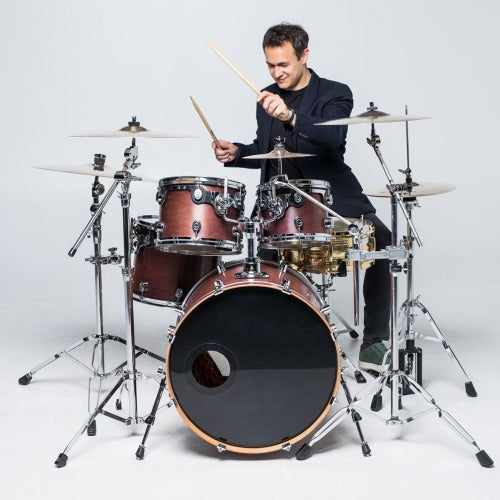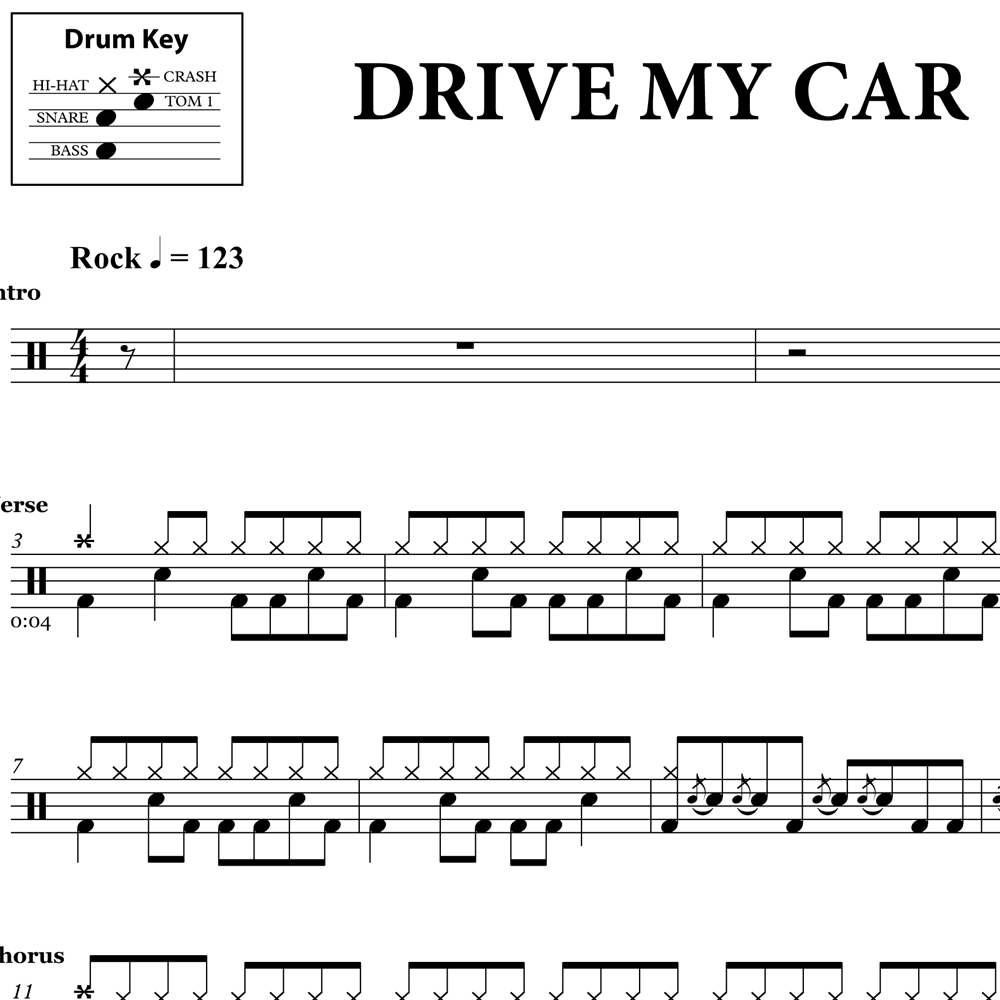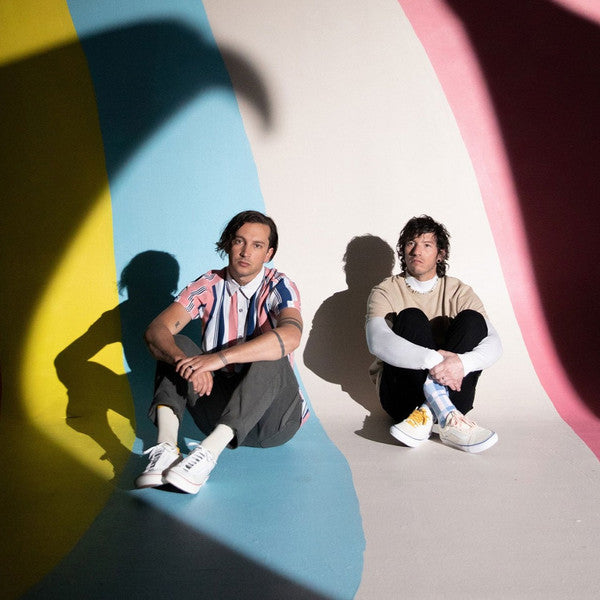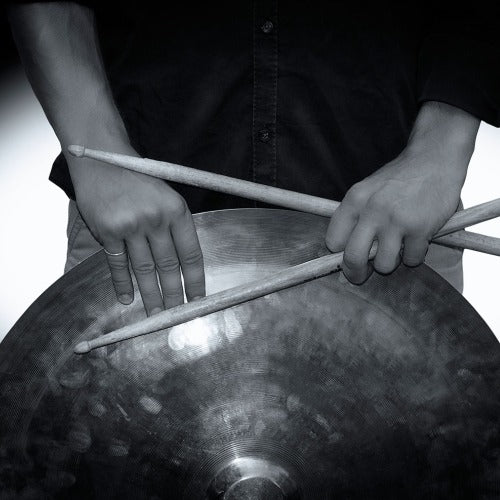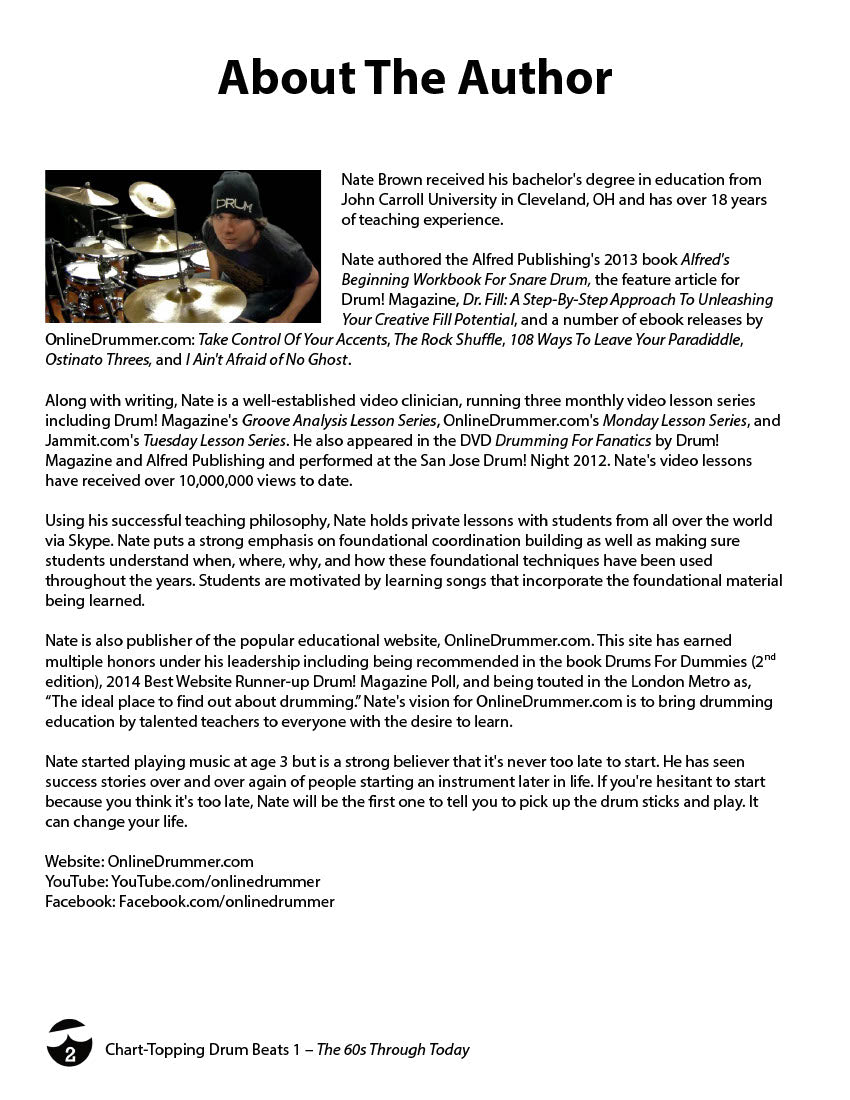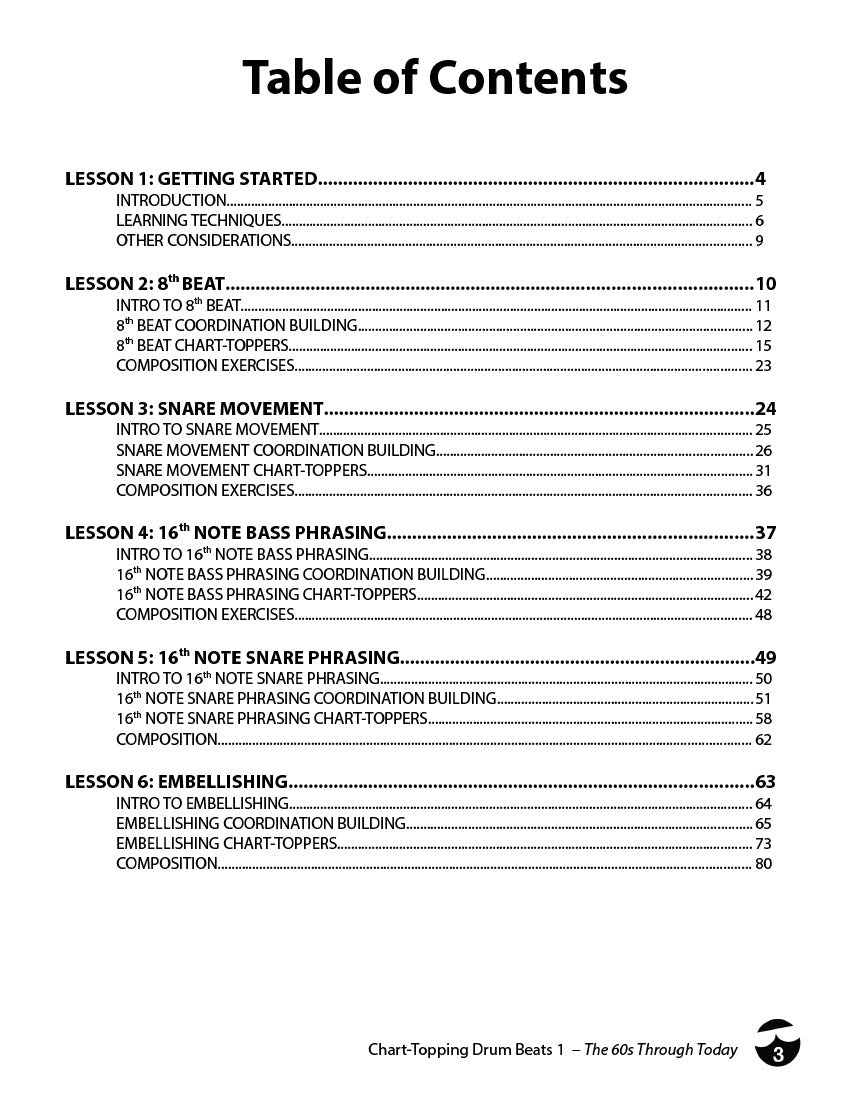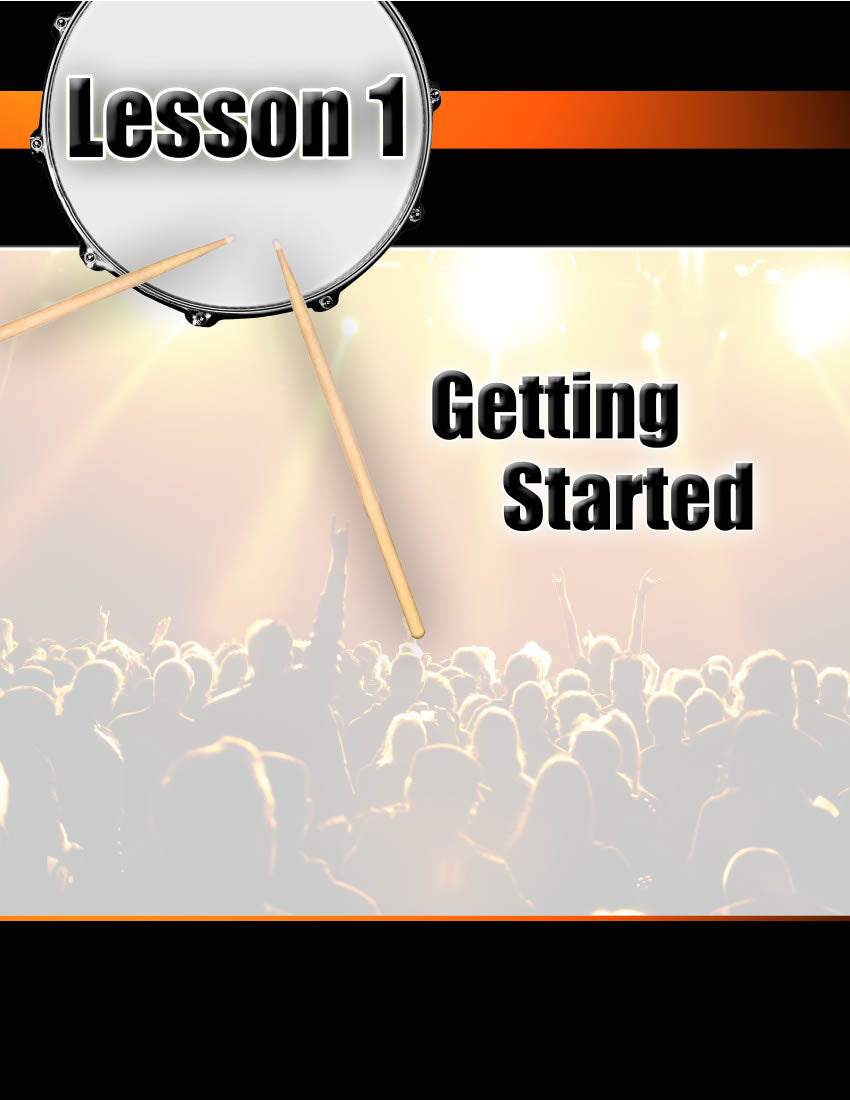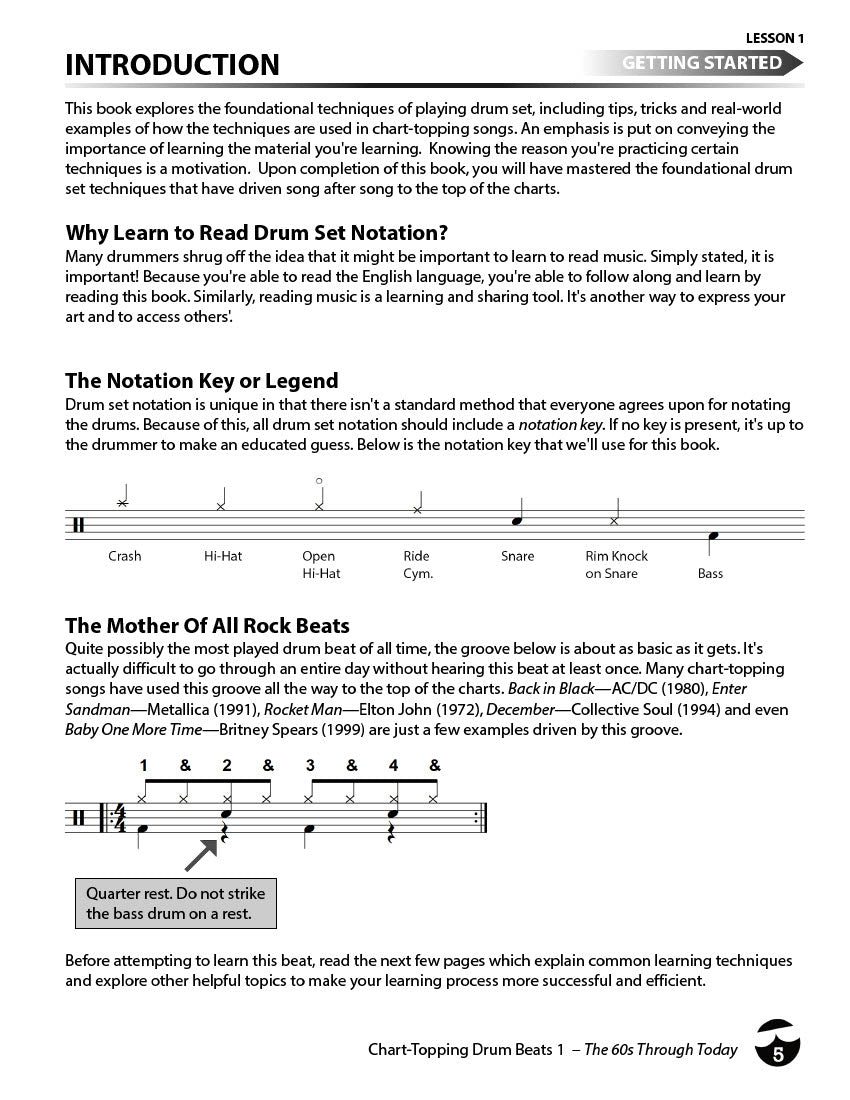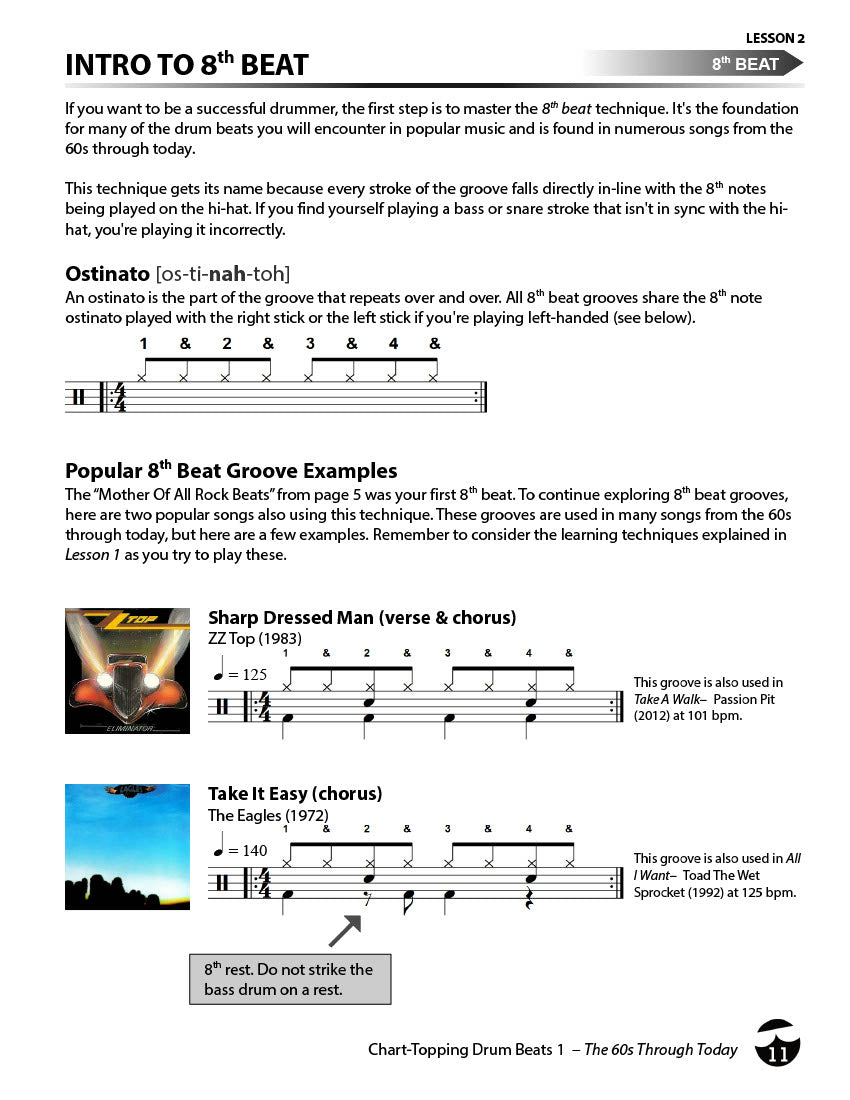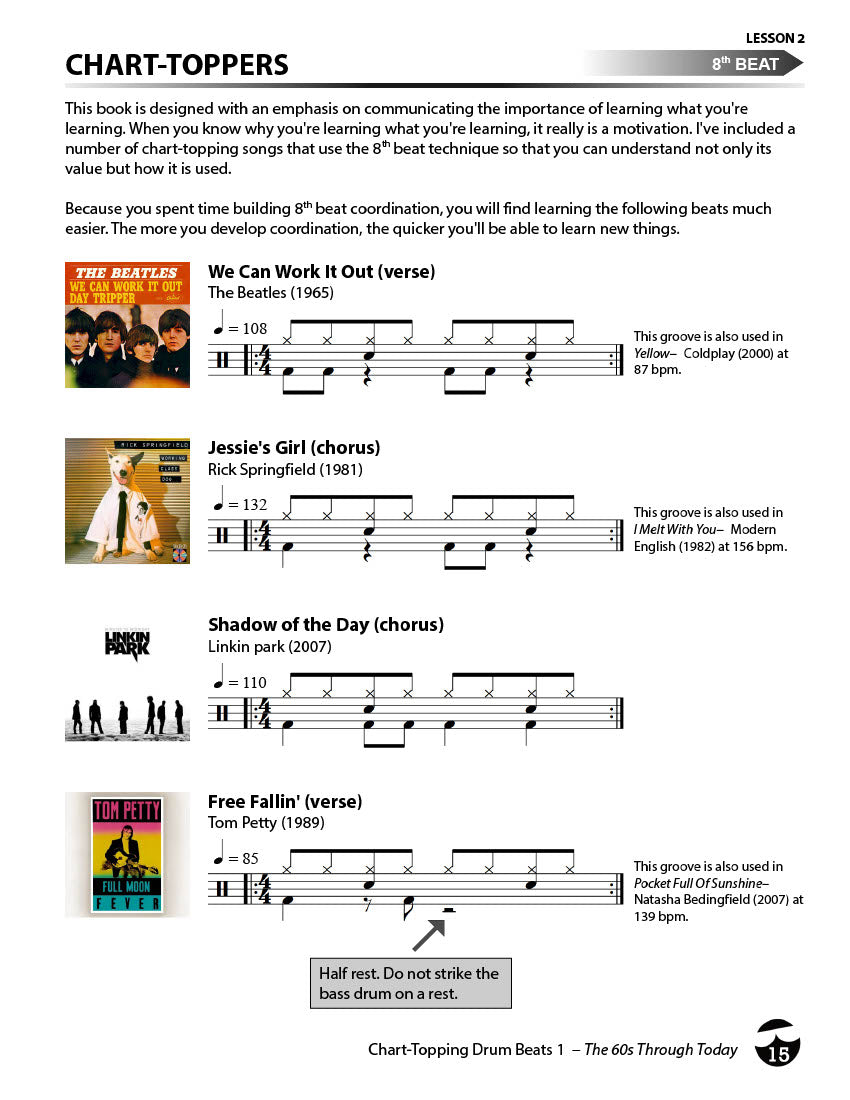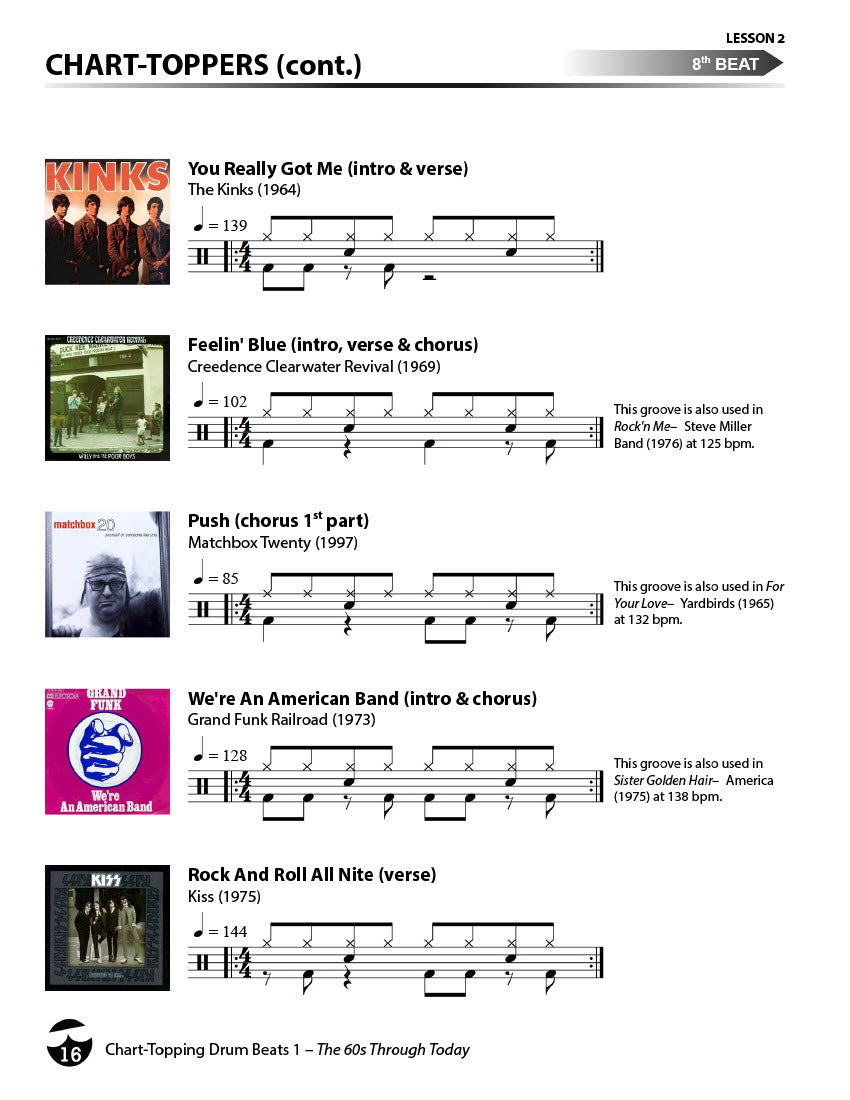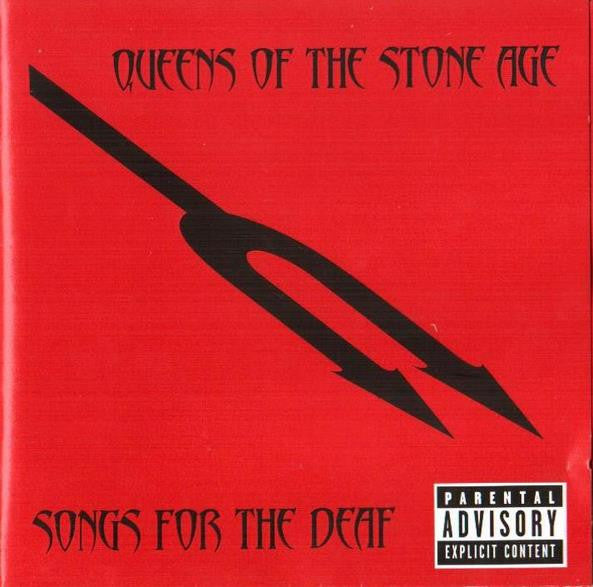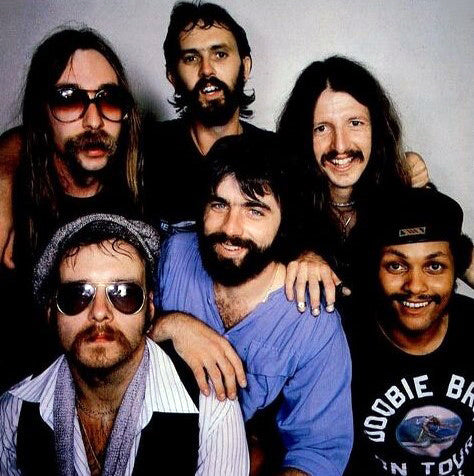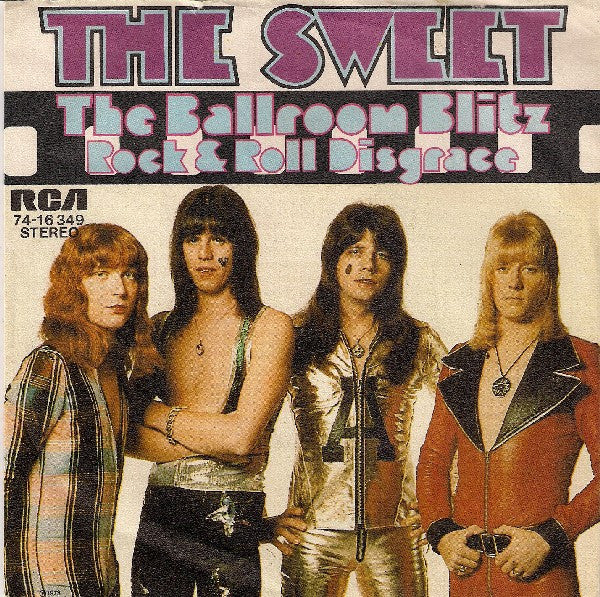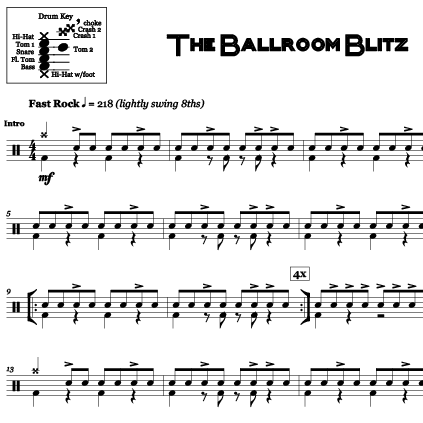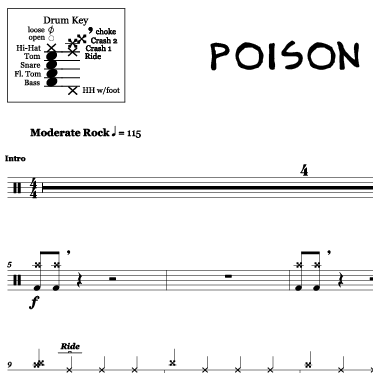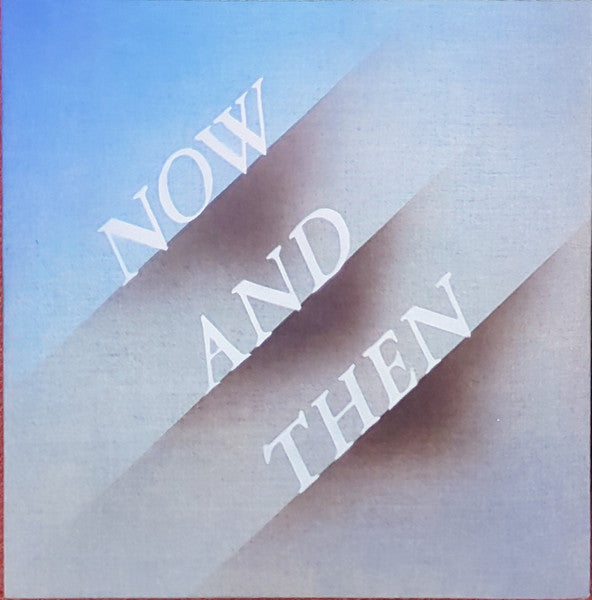5 Face-savers for a Gigging Drummer

As a teenager, I was hired for my first studio gig at a recording studio. I had acted cool about it during the hiring process, like I had done it before. I hadn't done it before but was very excited to finally have "arrived." I packed up my gear at home and drove off. It's a great feeling when you set your kit up in a professional recording studio for the first time. It's another feeling when you realize you didn't pack your drum throne. As cool as I tried to play it off, "Oh, I thought you guys would have a studio drum throne. Most studios do," I'm pretty sure they knew then that I was a newbie.
Whether you're just starting as a gigging drummer or have the desire to gig someday, "saving face" is something we all strive to do. I'd like to present you with 5 suggestions that will help you avoid the all-too-common mistakes that drummers make when gigging. A few items on the list (actually all of them) I have learned from personal experience, but as I've had the opportunity to interview many of today's highly regarded professional drummers, I've discovered that these mistakes aren't singled out to just me. We all make them.
1. Make a Checklist
If you've been gigging for years, your checklist is probably in your head by now, only because you've experienced forgetting to pack those items and felt the results already. If you're relatively new or just starting out, make a checklist of everything you'll need for the gig. When packing, check it off as you pack. There's no better way to "lose face" than having to tell the band you forgot your drum throne. Sure, you can use a fold-up chair instead. That's also "losing face."
2. Bring Replacements
Drum heads break. It's not so bad if it's a tom, but you need your snare and bass. The ideal situation is to bring a second snare drum (or replacement snare head) and a replacement bass drum head. Whatever back-up you can reasonably bring, bring it. If an entire back-up kit is within your limits, pack it. I played a live gig when my snare throw broke, and my right pedal of the double bass pedal broke. I played snares-off with my right foot on the slave pedal the rest of the night. I didn't "save face." Bring as many replacements as you can. Anything that can go wrong seems to go wrong if you don't have replacements available.
3. Know Your Stuff Ahead of Time.
Practice your show. Visualize it while practicing. Showing up for a live gig without having practiced it, relying on your awesome skills, doesn't seem to work during the gig. I replaced a drummer for a local cover band who had voluntarily left the band for adult-life pursuits in the "real world." He agreed, however, to help out and play the songs I hadn't yet rehearsed with the band. When they told me the first song was going to be a song I hadn't rehearsed, I was so confident that I could learn it while driving to the gig that I told them that I could play it (I wanted to be the first drummer on the throne, which I packed!). I won't say much more about that, but the band leader asked me afterwards if I had ever heard the song before. Know your stuff ahead of time. Practice. Learn it. "Save face."
4. Warm Up
If you don't warm up, it takes a few songs to really lock it in, and by then you may have lost the audience. Start at least 30 minutes (preferably an hour) before your performance. It really does take some time to lock it in. I performed at the San Jose Drum! Night along with some great drummers. I was in the basement of the venue about an hour before the show, and Kenny Aronoff had already locked himself into a room with his practice kit running his warm-up routine. Warming up is important.
5. Have a Spotter
Packing up your gear after a gig takes quite a few trips. Your stuff could get stolen during those trips. Always have one person assigned to watching your gear while the rest of it is being packed. Also, make sure the spotter is someone that is likely to actually stay there and watch. I once lost a snare drum and 3 cymbals because my spotter left post. Never leave your gear unattended.
If you do "lose face" for some reason or another, it might sting for a little while. With any failure, there is something to be learned. Chalk any failure up to a learning opportunity for your future success. Yes, your mishap can actually make you a better drummer tomorrow. If you have any gigging stories and/or tips to share, send us an email!

